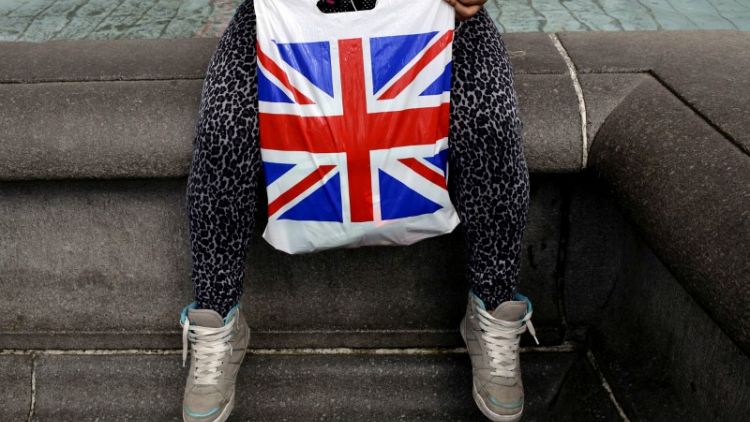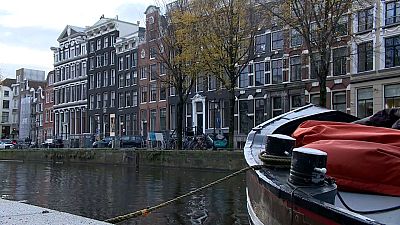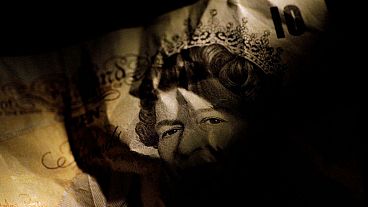LONDON (Reuters) - British business welcomed a commitment from the government to change how import VAT has to be paid should Britain leave the European Union without a deal - a technical accounting tweak that should avert a cashflow "time bomb" for many companies.
Government guidance for businesses about Value Added Tax (VAT) in the event of a no-deal Brexit said that importers would be able to account for import VAT on their VAT return, rather than paying the tax up front.
The current system allows VAT to be paid in arrears by importers, allowing them to sell on the goods in Britain before they have to pay tax. A possible no-deal Brexit raised the prospect of importers paying VAT on goods before they had sold them on, creating cashflow issues for companies.
The British Chambers of Commerce (BCC), which had urged government to act on the VAT "time bomb", welcomed the move.
"Our major concern around having to pay import VAT upfront on goods coming in from the EU, which would have been a major problem... has been averted," said Mike Spicer, director of research and economics at the BCC.
The BCC said the government had gone further than it expected, as the new system would apply to both imports from EU and non-EU countries.
While the move to so-called "postponed accounting" was welcomed by businesses, other implications of a no-deal Brexit on VAT stand to be more costly.
Goods from the EU will be subject to import duties in a no-deal scenario, on which VAT must also be paid, while British recipients of parcels of a value of more than 135 pounds ($172) from EU businesses will have to pay VAT in line with current rules for non-EU countries.
Andrew Opie, Director of Food and Sustainability at the British Retail Consortium, said Britain's departure from the Common Area for VAT created several issues for UK companies and consumers which Thursday's guidance did not resolve.
For instance, British companies that want to export to the EU will have to register separately in each of the countries they are exporting to.
"There's a bureaucracy and a charge for doing that," Opie said. "We're losing some of the benefits of being in the common area."
(Reporting by Alistair Smout; editing by Stephen Addison)



